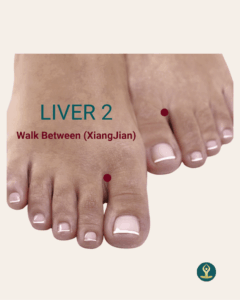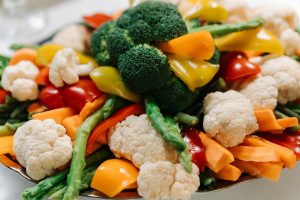Ever wonder what your Acupuncturist or Chinese Medicine Herbalist is doing when they place their fingertips on your wrists? Quite a bit more than just taking the rate of your pulse. We are also feeling/listening for certain characteristics (strength, levels felt, rhythm, shape) which tell us about our patients’ overall health. Pulse diagnosis is an ancient diagnostic tool laid out thousands of years ago; honed, crafted and improved upon over the years. These findings give a glimpse into many things including a person’s energy levels, strength of their blood, the presence of heat, tension, or if there has been heart shock. Whether you are dealing with an acute or chronic issue, physical or emotional, the pulse offers clues for how best to navigate your road to recovery and prevent future imbalances.
Here are a few things we look for specifically:
- What level is the pulse felt? Is the pulse felt with no pressure, a lil deeper or does the practitioner have to push very deep to feel them? The level at which the pulse is felt tells how much energy you do or do not have. A deep pulse shows signs of qi deficiency which often shows up as different levels of fatigue. A cotton pulse makes it more difficult to feel the pulse and feels like a layer of cotton over the pulse. This cotton quality reveals that there has been some sort of emotional shock.
- How does the pulse feel? A pulse should not be too wide or too thin. A good pulse feels like placing fingertips on a cooked spaghetti noodle not like on a guitar string. Thinking of different sizes of the guitar string, each one is revealing. If the pulse is thin like the thinnest guitar string there is blood deficiency which can show up as dry & brittle nails or hair; pale complexion, dry skin, depression, poor memory, and palpitations, to name a few. If it very tight, there is tension or what we call qi stagnation possibly manifesting as headaches, pain before the menses and/or tension in any part of the body.
- Is the pulse too fast or slow? A fast pulse points to either heat in the body or some sort of heart shock. Heat comes from external (food, prescription meds, alcohol, drugs, etc) or internal causes (emotions).
Pulse diagnosis is much more complicated that laid our here. This is just a glimpse of what can be learned from the pulses. It is a great tool to help us bring tractional medicine to modern people. We are here to support you on your healing journey. Make an appointment today.




